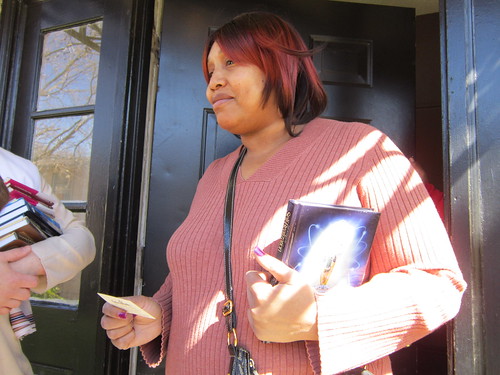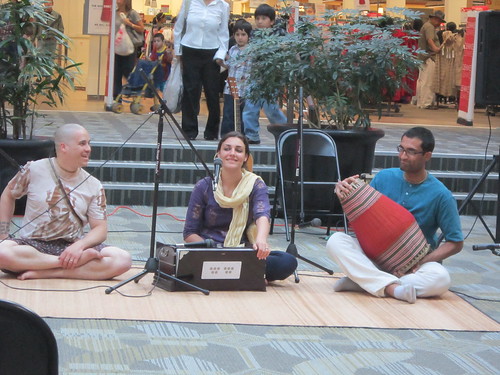
Dallas Morning News,
Each week we will post a question to a panel of about two dozen clergy, laity and theologians, all of whom are based in Texas or are from Texas. They will chime in with their responses to the question of the week. And you, readers, will be able to respond to their answers through the comment box.
It's a presidential election season, so count the issue of church involvement in politics to come up this year. Federal tax law is quite clear. Houses of worship cannot formally endorse or oppose candidates for public office. They can speak out on issues. They can conduct non-partisan voter registration drives. Ministers can encourage those in the pews to stay informed on the issue important to them. But a religious leader cannot endorse a political candidate from the pulpit. It's a tax issue. Churches, synagogues, mosques and places of religious worship with tax-exempt status can't actively engage in partisan politics.
It hasn't always been that way. In 1954, federal law was changed to say that charitable organizations lose their tax-exempt status if they engage in political campaigns. The rule might be constitutional (one Supreme Court said it was). But why is it a good idea? Why is it ever a good idea for government to restrict what ministers can say in a house of worship?
Are we better off with the current situation in which some groups skirt the edge of the law, creating separate entities or disguising clear engagement to the benefit of a particular candidate with a creative explanation about how they aren't doing that at all? Is it better that religious leaders self-censor what they tell their congregations for fear of audits and fines? Without the rule, presumably there would be conservative churches that tilt toward Republican candidates and progressive congregations that that would favor Democrats -- and a lot of pastors who don't endorse because they don't want to. But shouldn't that be their call?
Should the federal ban on political activity by churches and religious institutions be repealed - or remain in place?
Our Texas Faith panel weighs in -- and they don't agree on the answer.
NITYANANDA CHANDRA DAS, minister of ISKCON (International Society for Krishna Consciousness), Dallas
I see this as an obstruction of the freedom of speech. The definitive lines are quite faded. Are those who are ordained as ministers to be silenced when approached with questions regarding a potential leader's policies? How far does the pew extend? It is only during the official mass ceremony that the priest should edit his speech, or how about in the office? Or over dinner with friends? Some ministries only happen at home, do such casual encounters come under scrutiny as illegal activity?
I believe the call for freedom of religion was established for the sole purpose of freedom rather than intolerance. Therefore separation of church and state was established, so that the state would not be intolerant of other faiths. However one should not blindly concede that religion has absolutely no place in politics. The moral policies of even the most staunch atheist are often based in religious sentiments and so far I have not seen a strong logical presentation of secular morality. It all comes back to religiously based morals. Therefore I feel an artificial separation by the process of disallowing religious dialogue on practical matters is factually an endorsement of the modern religion, atheism.

 It is for a new album by the great Madhava Das. However due my material conditioning the thumbnail to me looked like a picture of Darth Vaders’ DeathStar, a silhouette of a Star Destroyer and sadly I even thought that it was Darth himself on the right. However on closer inspection I see that it is Sri Krishna Himself amidst a beautiful scene. The album can be found
It is for a new album by the great Madhava Das. However due my material conditioning the thumbnail to me looked like a picture of Darth Vaders’ DeathStar, a silhouette of a Star Destroyer and sadly I even thought that it was Darth himself on the right. However on closer inspection I see that it is Sri Krishna Himself amidst a beautiful scene. The album can be found 



















